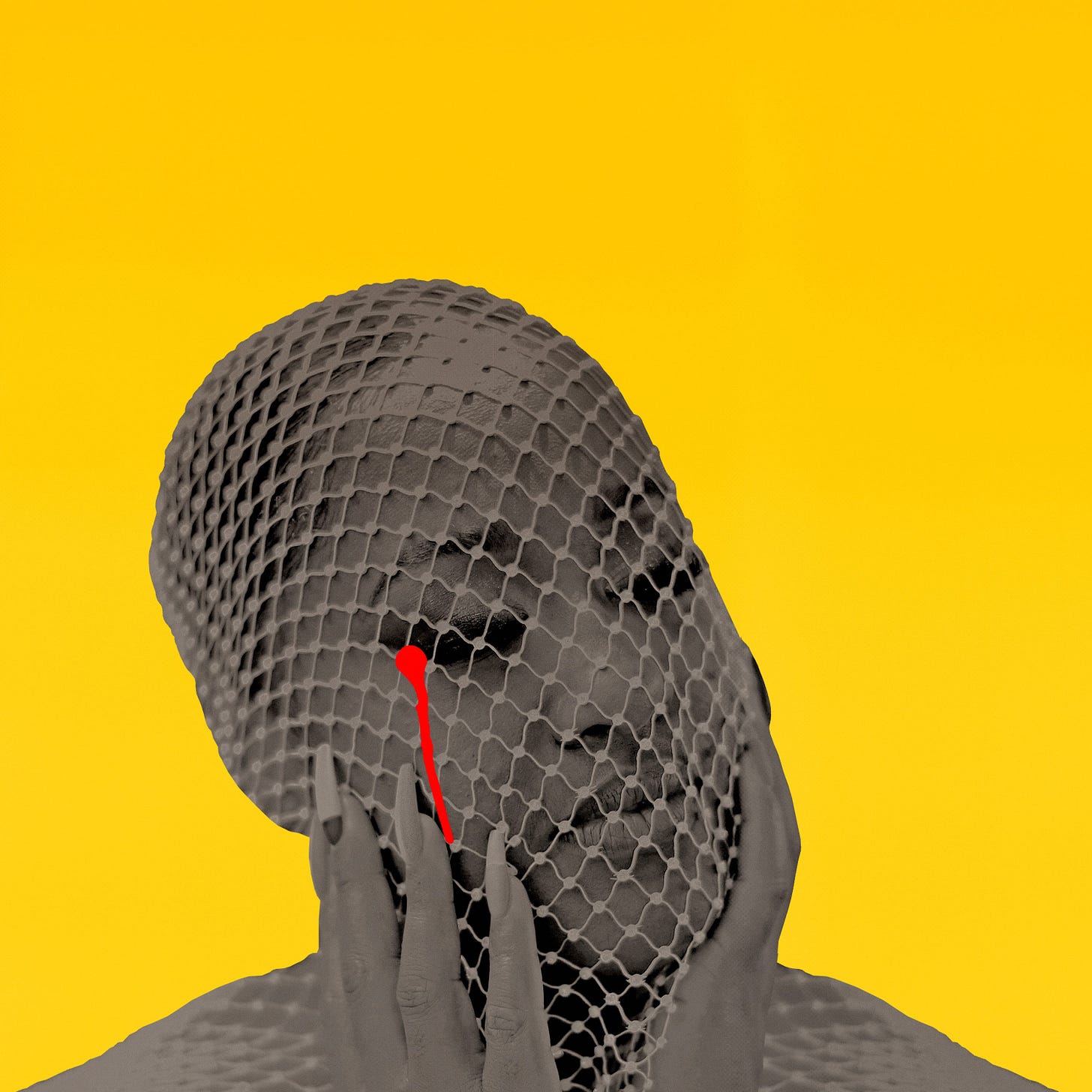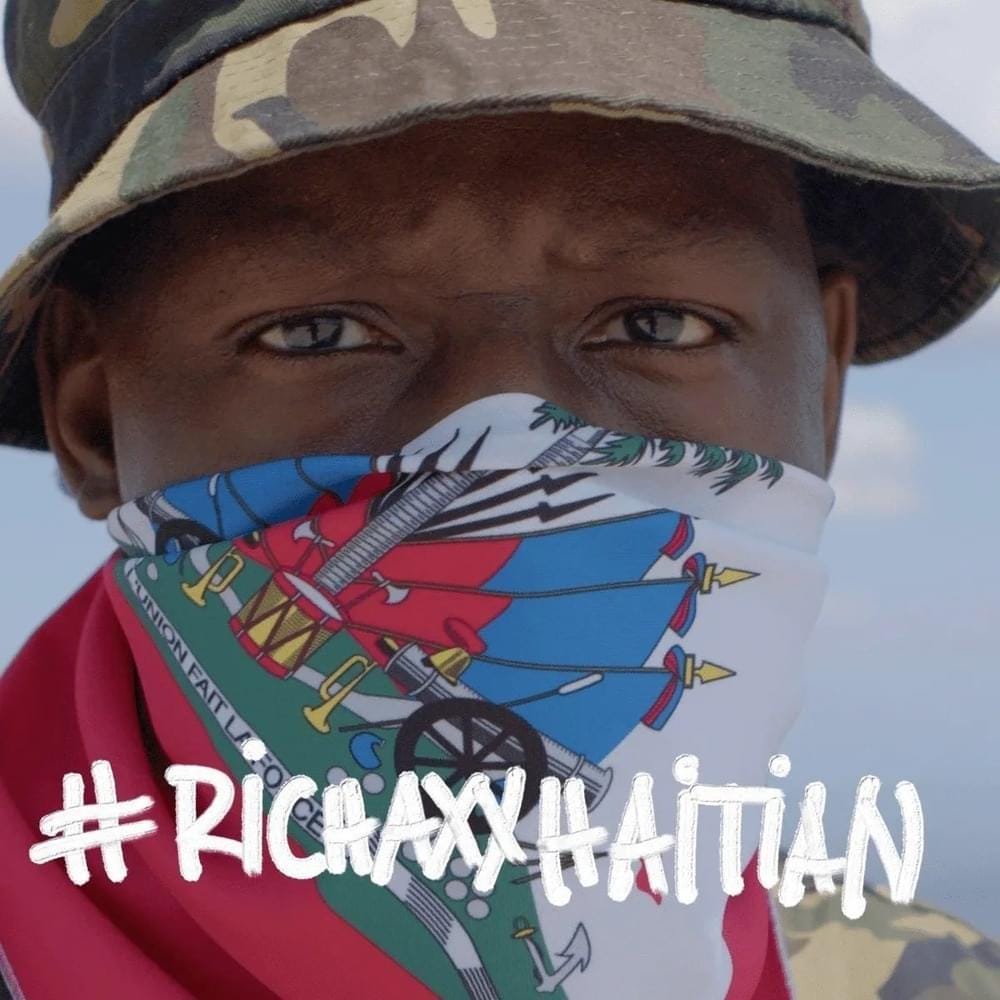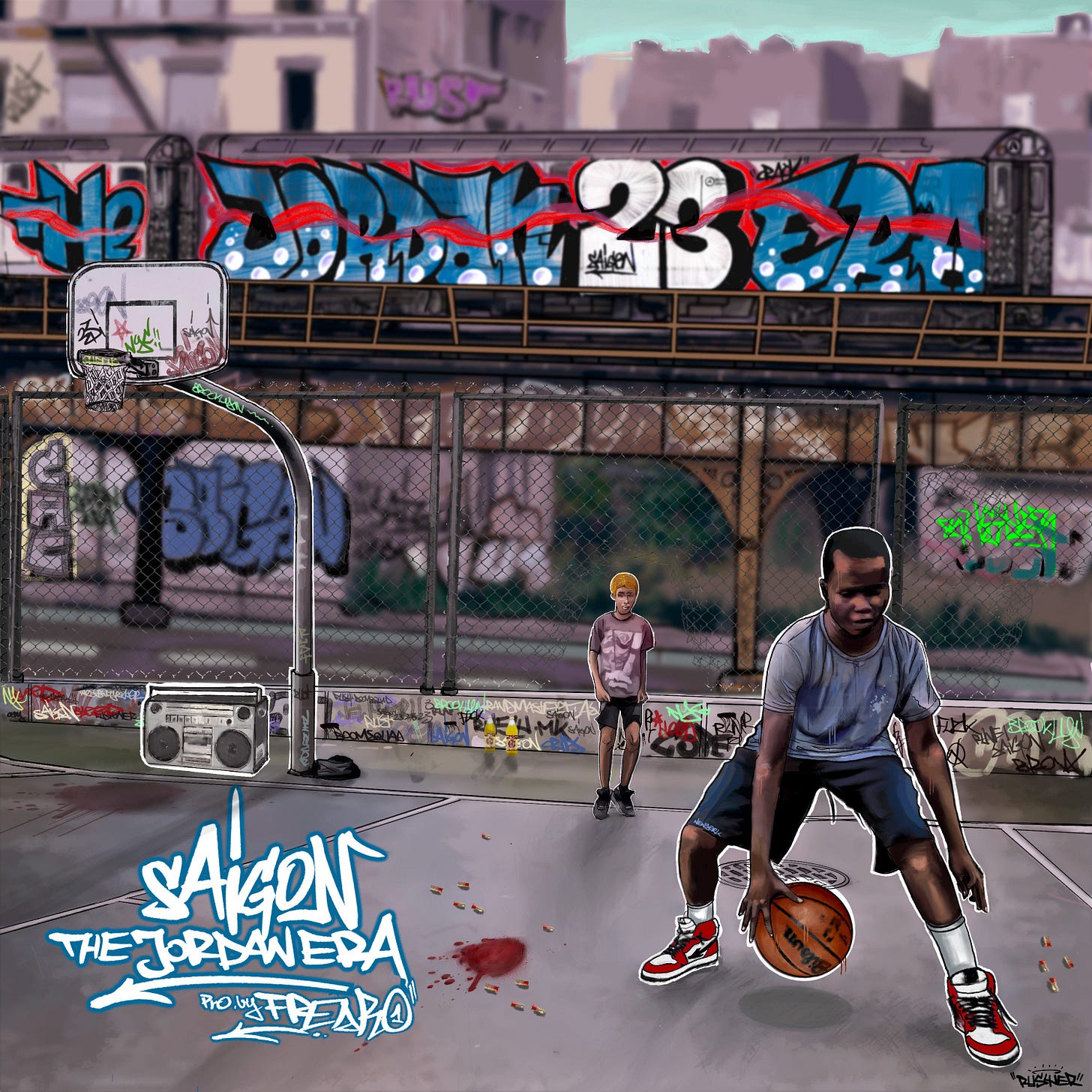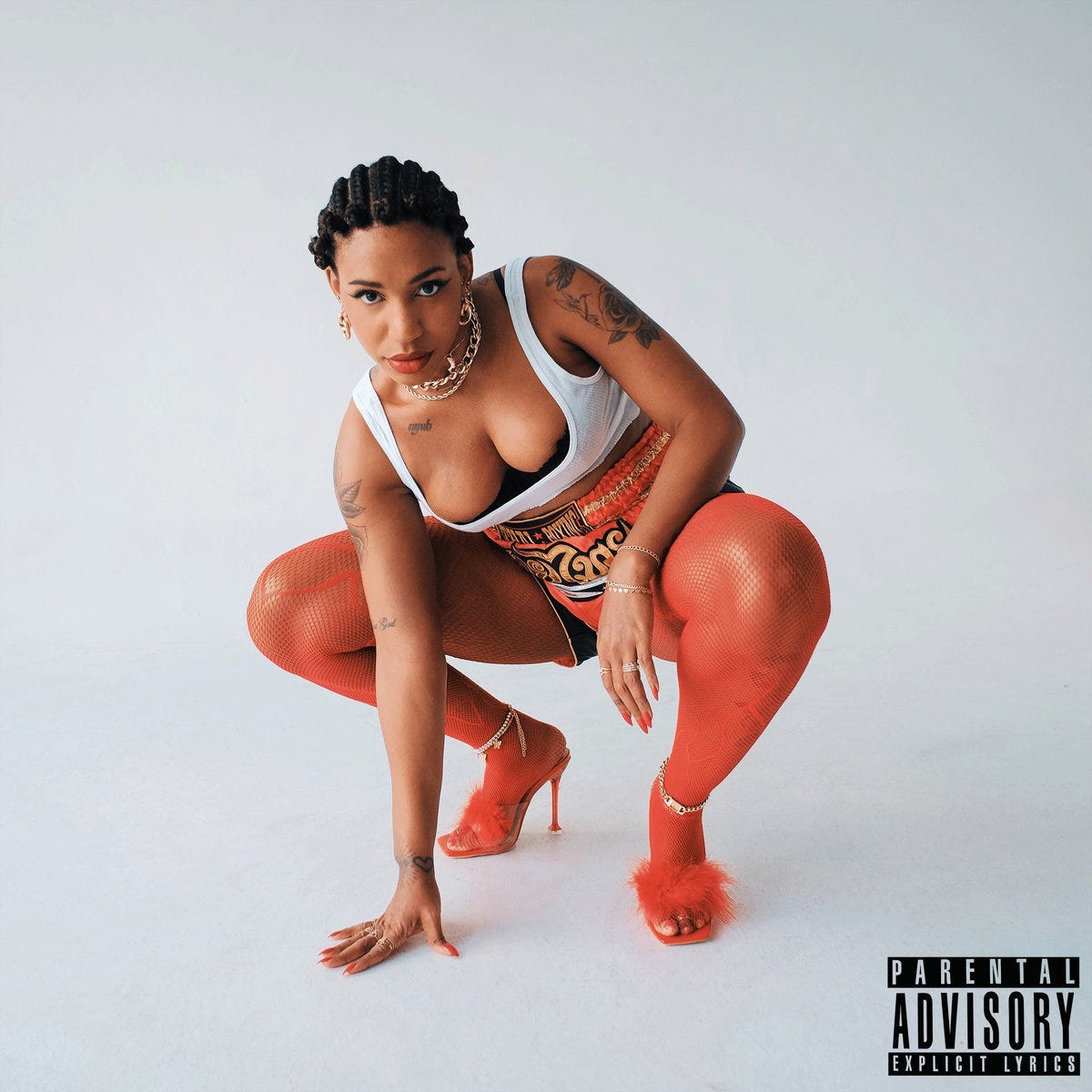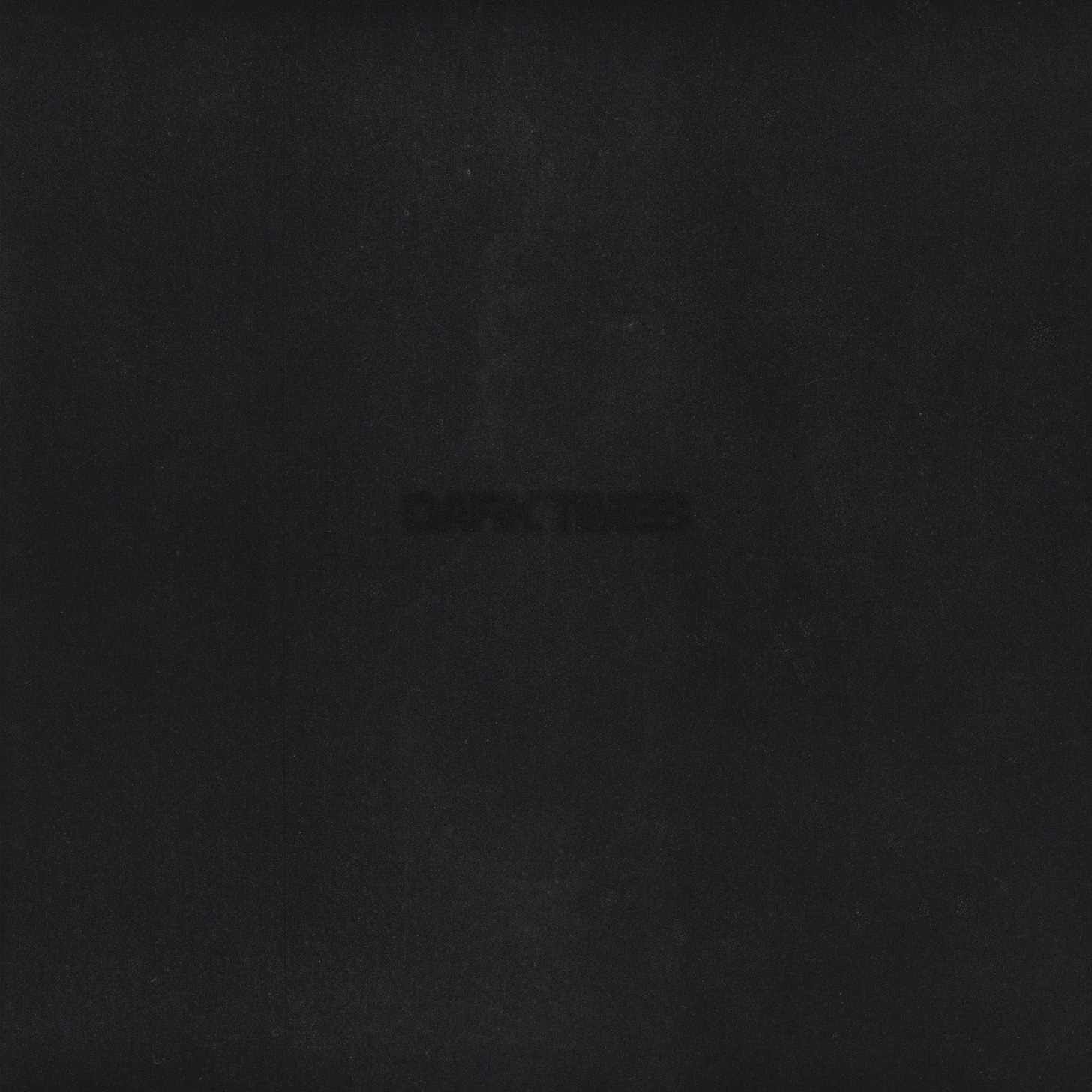May 2024 Roundups: The Best Albums of the Month
Featuring Rapsody, Andra Day, and Mach-Hommy, here are the best albums that came out in May of 2024.
I don’t really buy the idea that a year can be “good” or “bad” for music. Well, yes, I do. However, the lines between genres and scenes are blurring these days, and it’s easier than ever to find wild, creative stuff that plays around in those gray areas. With so much music coming out all the time, it’s hard to think of it in terms of ups and downs. Sure, there are growing problems that make it harder for regular artists to make a living from their work—problems that deserve way more attention than I can give here. But I’ve always thought that no matter what, there will always be enough awesome stuff bubbling up from the underground to make any year a “good year” for music.
Still, as we race towards the middle of 2024 and the unavoidable flood of “best albums of the year so far” lists, it’s hard not to start sizing up what’s come out since January. I can say this much: when I’ve gone back and re-listened to each month’s albums to pick the best ones for this column, the lists have never come together faster or with more excitement because this year is way better than last year, let me tell you.
I could’ve picked fifteen, but here are the ten that grabbed me the most.
Rapsody: Please Don’t Cry
The five years it took for Rapsody to make Please Don’t Cry feel worth it, primarily because of how deep and personal the themes are. The sound and lyrics are as soulful, sharp, and wise as ever, backed up by a calmer but still consistent production style. The big change is that she tackles topics like identity, grief, Black struggles, sexuality, family, love, mental health, and more in a way that’s a lot more straightforward, personal, and direct compared to the bigger concepts and stories she’s told on albums like Laila’s Wisdom. Rapsody faces plenty of obstacles that only time can fix, like illness, grief, fame, or systemic racism. But that doesn’t mean she can’t do something about those problems in her own life or that she can’t work on being at peace with the constant fight to make tomorrow better. In that way, Please Don’t Cry is a really healing, tender album that gives listeners the same peace Rapsody found for herself.
Andra Day: Cassandra (Cherith)
Almost ten years separate Andra Day’s 2015 debut, Cheers to the Fall, and her second original album, Cassandra (Cherith)—but that’s what happens when you become a massive crossover star who wrote one of the most uplifting anthems of the Black Lives Matter movement (“Rise Up”), got asked to sing at Biden and Harris’s inauguration, and won a Golden Globe for playing one of the greatest jazz singers ever (in 2021’s The United States vs. Billie Holiday). With Cassandra (Cherith), Day makes up for the lost time in an extraordinary way by making a sprawling song cycle that balances elegance and attitude just right. Over 16 tracks, Cassandra (Cherith) maps out Day’s soul-cleansing trip to eliminate bad relationships and toxic influences and find inner peace in her hectic life. She gives us a full 360-degree view of her life and music, nothing less.
Kamasi Washington: Fearless Movement
Few genres feel as naturally collaborative as jazz, and even fewer modern artists, such as Kamasi Washington, capture that vibe. After bringing a whole new generation to jazz through his albums The Epic and Heaven and Earth and his work with Kendrick Lamar, the LA native and sax player got an impressively diverse lineup of guests for his upcoming bandleader project ‘Fearless Movement.’ This album has something different: down-to-earth beats and features from rappers, musical icons, and even Washington’s own daughter.
Beth Gibbons: Lives Outgrown
Beth Gibbons has made being inactive into an art form. In Portishead, she sang like she was clinging to the mic to survive, her voice the perfect example of drawn-out misery. Her recorded output since then has come out super slowly, and her reputation has grown with each quiet year. After Portishead’s Third came out in 2008, Gibbons performed Górecki’s Symphony No. 3 with the Polish National Radio Symphony, was on Kendrick Lamar’s “Mother I Sober,” and done very little else publicly. Gibbons does nothing she doesn’t have to do, and she does it on her own time, which makes Lives Outgrown feel like a big deal. The music, mainly by Gibbons and James Ford, has a slightly unreal edge that comes from being one step removed. These unusual choices highlight how brave and subtly weird Gibbons’ album is, hiding its quirks behind her timeless voice and understanding lyrics. Lives Outgrown may have taken forever to get here, but it shows more than a decade well spent, a one-of-a-kind talent reborn in surprisingly sharp glory.
Mach-Hommy: #RICHAXXHAITIAN
Mach-Hommy has pulled off a rare kind of anonymity in the digital age. He’s rarely seen without a mask or Haitian flag bandana covering his face, and it’s nearly impossible to find his real name online. But even in candid moments, he plays things close to the chest. Mach’s virtual listening event for #RICHAXXHAITIAN, which was meant to welcome listeners into his world, felt intentionally secretive: Two streams that played the album once, with no fast-forwarding or rewinding, no lyrics, and some buffering and skipping expected. His first solo album in three years, he’s excitingly meticulous, showing off his skill at stringing together raps and concepts. It’s a grand work done with the precision we’ve come to expect from the prolific rapper. He doesn’t care what direction you think his sound should go, or if you buy into the truth he’s laying down—the second his voice hits your ear, he’ll have your full attention.
Slum Village: F.U.N.
Slum Village has always been about three key elements from the get-go: dope beats, braggadocious raps, and unapologetically raunchy love songs. J Dilla’s intricate and infectious production often overshadowed the group’s overtly sexual content at their peak. F.U.N., their tenth studio album and first since 2015, stays true to that bold spirit while also marking a bit of a departure. Now a duo of T3 and Young RJ, the latter produced every track, incorporating live instruments and presets to pay homage to their roots through a disco and funk-influenced sound. While not a game-changing comeback, it’s still entertaining to see these Detroit veterans find their footing in the present day and show the younger generation how it’s done.
WILLOW: Empathogen
WILLOW’s new album marks a promising shift after two projects that rode the pop-punk wave. Though solid efforts, they lacked many standout moments. Empathogen maintains a pop-rock foundation but allows for more creativity and experimentation, resulting in her strongest work to date. The album’s lyrics stem from this place of discovery, with WILLOW navigating an existential journey filled with conflicting emotions and a yearning for change and renewal. This is reflected both in her personal life and the new sonic territory she explores. With a concise and well-constructed composition, WILLOW demonstrates growth and maturity, showcasing her ability to evolve while staying true to her rock roots.
Saigon & Fredro: The Jordan Era
Veteran rapper Saigon and Swedish producer Fredro have joined forces to create a love letter to hip-hop, specifically the 1986-1996 Jordan Era, in celebration of the genre’s 50th anniversary. They’ve enlisted a star-studded cast of legendary voices to assist in this tribute. The album highlights Saigon’s raw talent as an MC, with his versatility and creativity on full display as he pays homage to the greats who preceded him despite emerging during the early 2000s gangster rap era.
Yaya Bey: Ten Fold
Yaya Bey’s transcendent new album, Ten Fold, grapples with the disorienting experience of losing a loved one and the subsequent feeling of time being ruptured. Recorded in the year following her father’s passing, the album is a finely detailed portrait of grief that celebrates life’s fullness. Bey draws from a warm palette of Black musical genres, with production assisted by Corey Fonville of Butcher Brown. Masterful sequencing and economical writing allow Bey to showcase her agility as an artist navigating loss, financial and emotional precarity, and the complexities of romance.
Vince Staples: Dark Times
With Vince Staples’ last album for Def Jam, Dark Times is a logical progression from his recent projects, delving into the intersection of his personal traumas and his present life as a celebrity striving for privacy. Though not known for lyrical acrobatics, Staples’ bars and humor extend into his online presence, where he can turn a discussion about his guarded nature into an entertaining exchange. “Life hard, but I go harder,” he sings on “Little Homies,” serving as a reminder to himself and the youth following in his footsteps.


